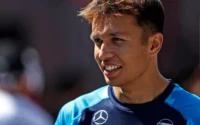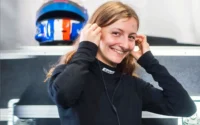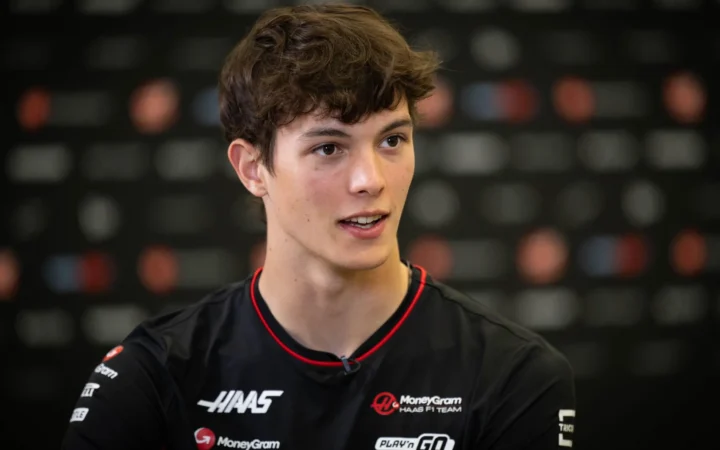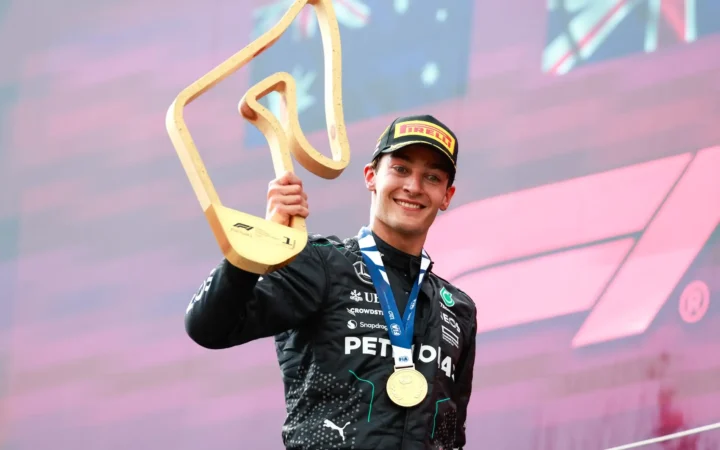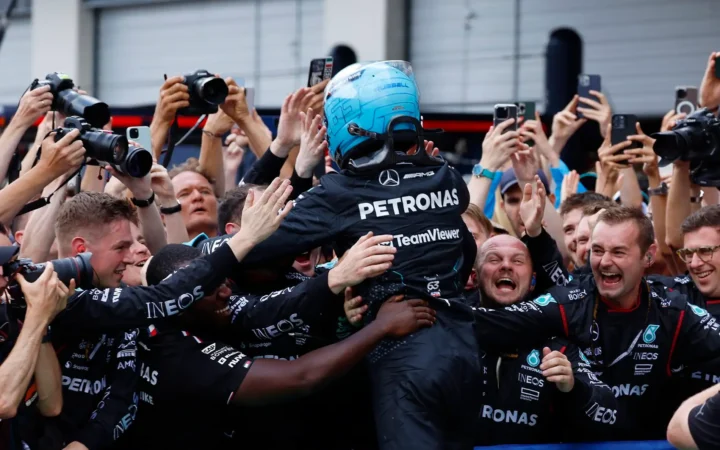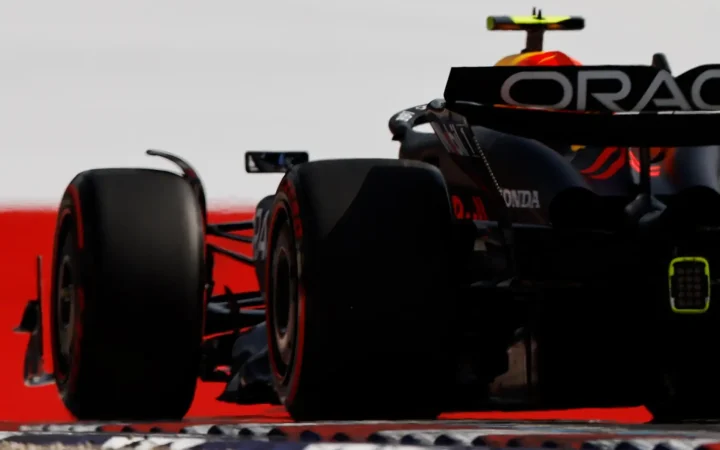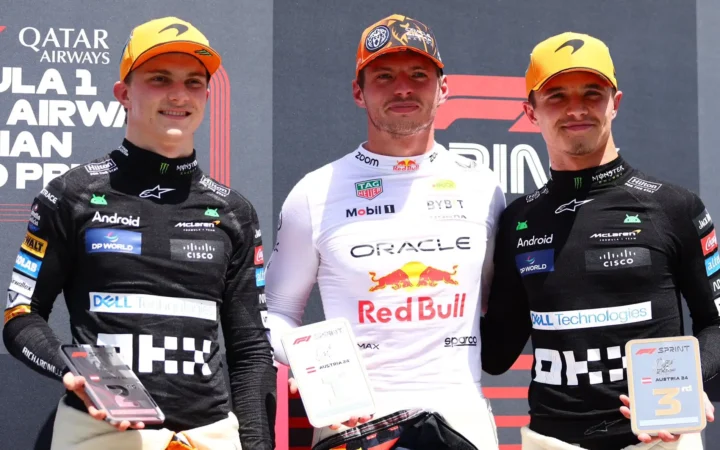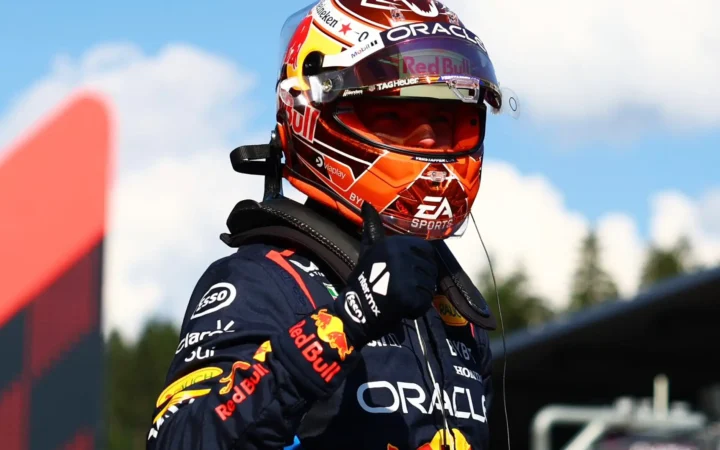In a bold move to reinvigorate Formula 1’s appeal, Nick Fry, the ex-CEO of Mercedes, has put forward substantial modifications to the pit stop procedures.
Fry pinpointed the uniformity in F1 as detrimental to the sport’s health and referenced the decline in viewership, particularly following Max Verstappen‘s recent dominance.
READ MORE: Ferrari Schedules Early 3-Day Test at Barcelona, Ahead of Rivals
Fry’s primary focus for change centres around pit stops and the reintroduction of refuelling.
F1’s Future: Rethinking Pit Stops and Refuelling
Refuelling was a regular feature in F1 until its ban in 2010, primarily due to several dangerous incidents in the pit lane. This led to heavier cars, but Fry argues that it also diminished a layer of unpredictability from the races. He suggests revisiting these aspects to enhance the sport’s unpredictability, aiming to draw in more viewers and fans.
“The teams are almost too good at what they do,” he told OLBG. “When I started, you could almost rely on the fact that 20% of the field would drop out due to crashing or breaking down. Nobody does that anymore. It’s very unusual to see cars stopped by the side of the track.
“Refuelling is dangerous for the people involved, but it did add another element of unpredictability.
“Formula 1 has had a great run over the last few years and Netflix has massively helped that. I do, however, think the sport needs to come up with more variations beyond the location. The viewing figures are going down without a doubt, especially in the US, and they need to figure out ways to restore them.
“People are hoping that someone can challenge Red Bull and Max Verstappen. It would be great for the sport if someone could, but if it doesn’t, they’ll have to find other ways of making it interesting.
“Formula 1 is trying to compete for the public’s time on a Sunday afternoon and they have plenty of other things to do, particularly in the summer.
Another option Fry suggested would be to change the regulation to make a “flatter playing field.”
“There are two avenues F1 could explore if they’re serious about making the sport more unpredictable,” he said. “One would be to manoeuvre the technical regulations to provide a flatter playing field, but history shows that such strategies rarely work.
“That’s been tried numerous times, and the reality is that a good big side will always beat a good little one and the teams with most or the best resource find the optimum solution first.
“My view is that F1 has to do it through the sporting regulations. That means the format of the race and the number of pit stops, the way you use your tyres, and so on. I don’t know what the answer is, but I think it’s in that area.
“The solutions have to be fairly radical. Think back to some of the interesting steps that have been made, like the knockout qualifying format. That was actually developed by the teams during the threatened breakaway in 2009.
“We were thinking about going our own way from the FIA. A lot of teams have taken credit for the qualifying process, but it was actually Red Bull’s idea! It was the brainchild of Red Bull’s marketing team and a person from the Honda team.
“I think Bernie Ecclestone and Flavio Briatore claimed credit for it, but it wasn’t them at all! It came from working-level people! I’d say that F1 has to implement similar ideas, but they have to enact them during the races, not just in qualifying.”
But he did suggest something had to be done to break up the established order of Verstappen and Red Bull or else fans who start turning off.
“I have to sadly admit that the homogeneity of F1 races is unhealthy for the sport as a whole. I think it’s a major issue.
“Football is the most successful sport because games can change in a matter of seconds. That’s why people watch games right until the very end. It doesn’t matter if your team is 2-1 down heading into extra time, you’ve still got a chance of winning. That’s what keeps viewers on the edge of their seats.
“The teams, from top to bottom, are so good at what they do that it’s difficult to see unexpected situations occur, apart from when it rains, as that throws a curveball that can produce unforeseen circumstances.
“Formula 1 has constantly struggled with this issue. I can’t begin to count the number of meetings I’ve sat in where we’ve been asked how we can introduce the type of randomness you get with wet weather! It can’t be contrived excitement so it’s quite difficult to find mechanisms to introduce competition through the field.”
Source: OLBG
Seen in:



